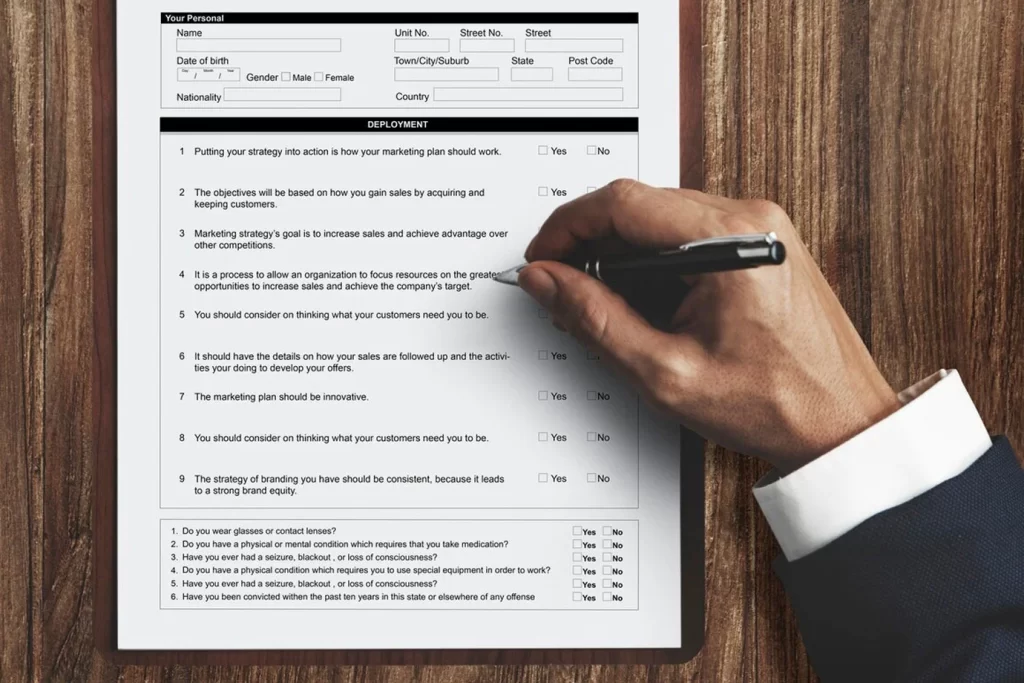
Defamation in Australia: How to Prove it
Defamation law in Australia carries serious implications for individuals and businesses alike, affecting reputations, careers, and livelihoods. Whether you’re facing

We deal with the publication or threatened publication of defamatory material whether by traditional mediums (newspaper, television, radio etc), by electronic means (internet, blogs, emails, WhatsApp, Messenger etc) or social media (Facebook, Instagram, YouTube, TikTok etc)
We issue (and respond to) concerns notices and, if necessary, commence (or defend) defamation proceedings.

We seek the removal, and if necessary the de-listing from search engines, of defamatory material published online. We also make applications to ascertain the identity of anonymous publishers so that proceedings can be commenced.

We take on selected (usually high profile) criminal proceedings and professional disciplinary matters where reputation and standing are key concerns.

The balance between expression of freedom and defamation is determined by existing laws. As society progresses and technology develops, identfying defamation has become more difficult. An experienced reknowned defamation lawyer is the best choice to achieve superior outcomes and resolve disputes

Through our experience in defamation, we have a strong track record of securing vindication for our clients, whether by way of monetary compensation or a published apology or in most cases, both.
Jonelle Di Lena has been part of the Supreme Court of Western Australia’s highest-ever damages award to a plaintiff in defamation proceedings.
As well as plaintiffs, the firm acts for a number of publishers and other defendants including publications arising from #metoo.
Following a defamation case, reputation restoration involves addressing the harm caused by the defamatory statement through legal avenues, public statements, and proactive measures to build a positive online presence. This process aims to compensate for reputational damage and restore the individual’s standing in the eyes of the public. Common methods to restore reputations can be comprised of monetary compensation, court orders for correction and vindication by issuing of public statements via the media.

Defamation law in Australia carries serious implications for individuals and businesses alike, affecting reputations, careers, and livelihoods. Whether you’re facing

Whether you’re dealing with traditional outlets or online platforms, understanding what is defamatory is crucial in today’s fast-paced media landscape.

Defamation claims must generally be commenced within 12 months of the publication of the defamatory matter. The court has discretion